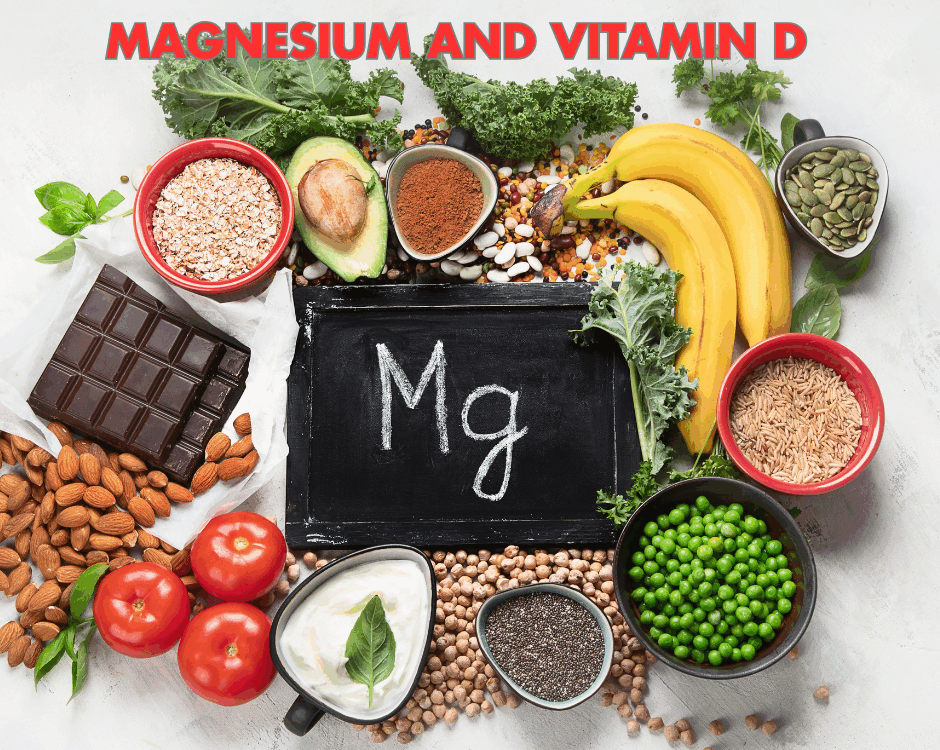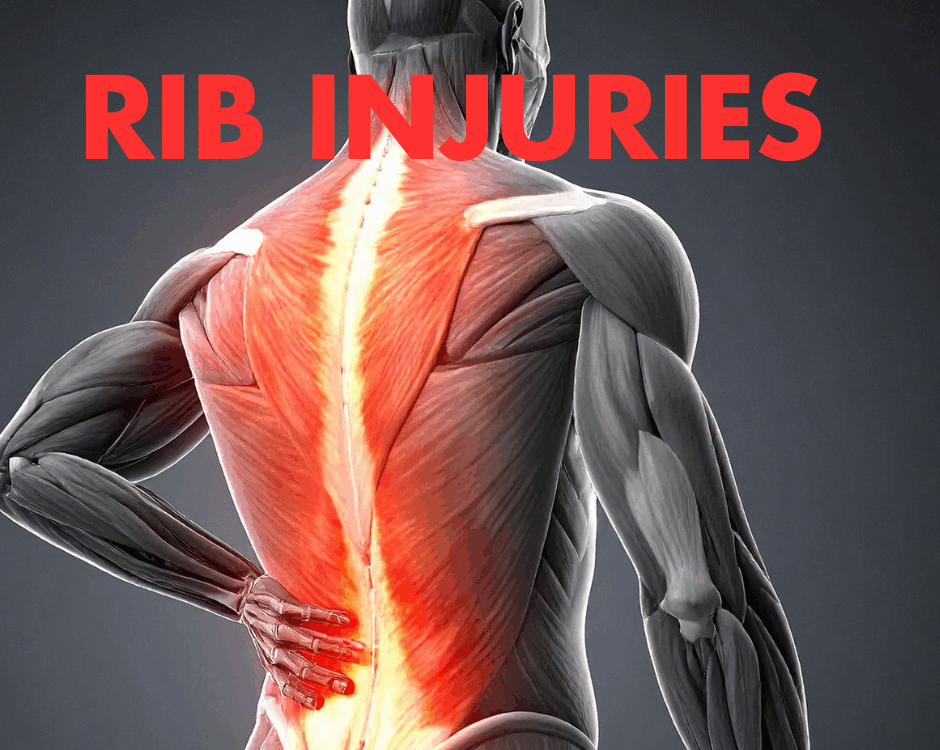The Physical and Emotional Impact of Pain

What Are The Stages of Disc Degeneration?
July 24, 2023
Multivitamins Do Have Limitations for Your Nutrition
July 24, 2023Pain’s Physical and Emotion Impact
While pain can be a protective feature of the body, it also has many effects on the brain. One of the highest ranked medical facilities for auto injury care in the Tampa Bay area, Chambers Medical Group, takes pain seriously. Dr. Deryk Harting, one of the members of its team of chiropractors and medical doctors, discusses pain’s physical and emotional impact.
Pain is a complex sensory and emotional experience that is typically associated with tissue damage. It serves as a protective mechanism by alerting us about potential harm or injury and prompts us to take action. Pain involves the transmission of signals from specialized nerve receptors, called nociceptors, to the brain. When tissue damage occurs, nociceptors detect harmful stimuli from injured cells and send electrical signals through the nervous system to the spinal cord and brain, where they are interpreted as pain. This action promotes the healing process and can act as a warning about an underlying problem. Pain can vary in intensity, duration, and quality. It can range from mild and momentary discomfort to severe and persistent agony. It can be acute (sudden, immediate) or chronic (long lasting). Pain is also a subjective experience determined by various factors including a person’s emotional state, previous experiences, cultural background, and personal beliefs. This makes objective pain comparison from person to person difficult to assess.
Pain also has a significant impact on an individual’s mental health. The emotional distress from constant pain can be overwhelming and exhausting, leading to feelings of helplessness and hopelessness. Pain and mental health conditions like depression are associated with neurotransmitter imbalances. Neurotransmitters are chemical messengers in the brain that communicate with different brain regions. For example, low levels of serotonin, norepinephrine, and dopamine have been linked to both pain and depression. Disruptions in these neurotransmitter systems can contribute to mood changes and the experience of pain. Chronic pain and depression can also alter brain structure and function. Studies have shown that people suffering chronic pain exhibit gray matter reductions in brain regions which process pain and regulate emotion. These areas include the prefrontal cortex, amygdala, and hippocampus and lead to heightened pain perception and emotional dysregulation. Pain can also disrupt the body’s stress response system which involves the hypothalamic-pituitary-adrenal (HPA) axis. This can disturb the production of cortisol (our primary stress hormone) from the adrenal glands. Elevated cortisol levels over time can impact brain regions involved with mood regulation, memory, and cognition. As a result, there are many ways in which pain affects a person’s mental well-being including: anxiety, depression, mood swings, irritability, frustration, sadness, social isolation, loneliness, negative thought patterns, difficulty concentrating, and reduced self-esteem.
It is important to note that the relationship between pain and mental health is complex and varies among individuals. The specific neural and biological processes differ depending on the individual, the underlying condition, and other factors. Effective treatment strategies for pain and mental health often involve a multidisciplinary approach which targets both the physical and psychological aspects of the condition(s). Here are some strategies that can help:
- Seek professional help or consult with healthcare professionals who specialize in pain management and mental health such as medical doctors, chiropractors, psychologists, or psychiatrists. They can diagnose, offer treatment options, and guide you through the process of managing pain and mental health.
- Pain management techniques from a healthcare provider to develop a personalized pain management plan. This may include medications, physical therapy, relaxation techniques (deep breathing, meditation), heat or cold therapy, chiropractic adjustments, acupuncture, or massage. Effective pain management can alleviate some of the mental distress associated with pain.
- Psychological support through therapy or counseling to address the emotional impact of pain. Cognitive-behavioral therapy (CBT) can help identify and change negative thought patterns and behaviors. Also, acceptance and commitment therapy (ACT) may assist in developing acceptance of pain and focusing on life activities.
- Adapt your lifestyle to accommodate your pain while still engaging in activities that bring you joy. Pace yourself, prioritize tasks, and consider making modifications like using a brace or other assistive devices to reduce bodily strain.
- Maintain a strong social support network of family, friends, or support groups who can provide understanding, empathy, and encouragement. Sharing your experiences with others can alleviate feelings of isolation and provide emotional support.
- Prioritize self-care activities that promote overall well-being. This may include hobbies, practicing relaxation techniques, getting adequate sleep, eating a balanced diet, and incorporating regular physical activity.
- Practice stress-reducing techniques like mindfulness, progressive muscle relaxation, or engaging in calming and enjoyable activities. Chronic pain can be exacerbated by stress, so finding healthy ways to manage stress can contribute to better mental health.
Finding an effective management approach may take time, and what works for one person may not work for another. Be patient with yourself and be open to trying different strategies. It is also essential to communicate with your healthcare providers about your symptoms, concerns, and treatment preferences.
— This article is written by Deryk Harting, DC, one of the members of Chambers Medical Group’s team of car accident chiropractors who offer a variety of treatments and therapies ranging from diagnostic testing to various soft tissue therapies for car accidents and injuries in Florida.
.
–
Have you been in a car accident? If you or somebody you know has been in a car accident, be sure that you seek medical attention from a car accident doctor or car accident chiropractor to treat your injuries. Visit Chambers Medical Group to receive world-class medical treatment for your injuries.
Chambers Medical Group has car accident medical clinics in the following locations:
- Car Accident Medical Clinic in Tampa
- Car Accident Medical Clinic in Plant City
- Car Accident Medical Clinic in Brandon
- Car Accident Medical Clinic in Lakeland
- Car Accident Medical Clinic in Sarasota
- Car Accident Medical Clinic in Louisville
- Car Accident Medical Clinic in Lexington
- Car Accident Medical Clinic in Florence




